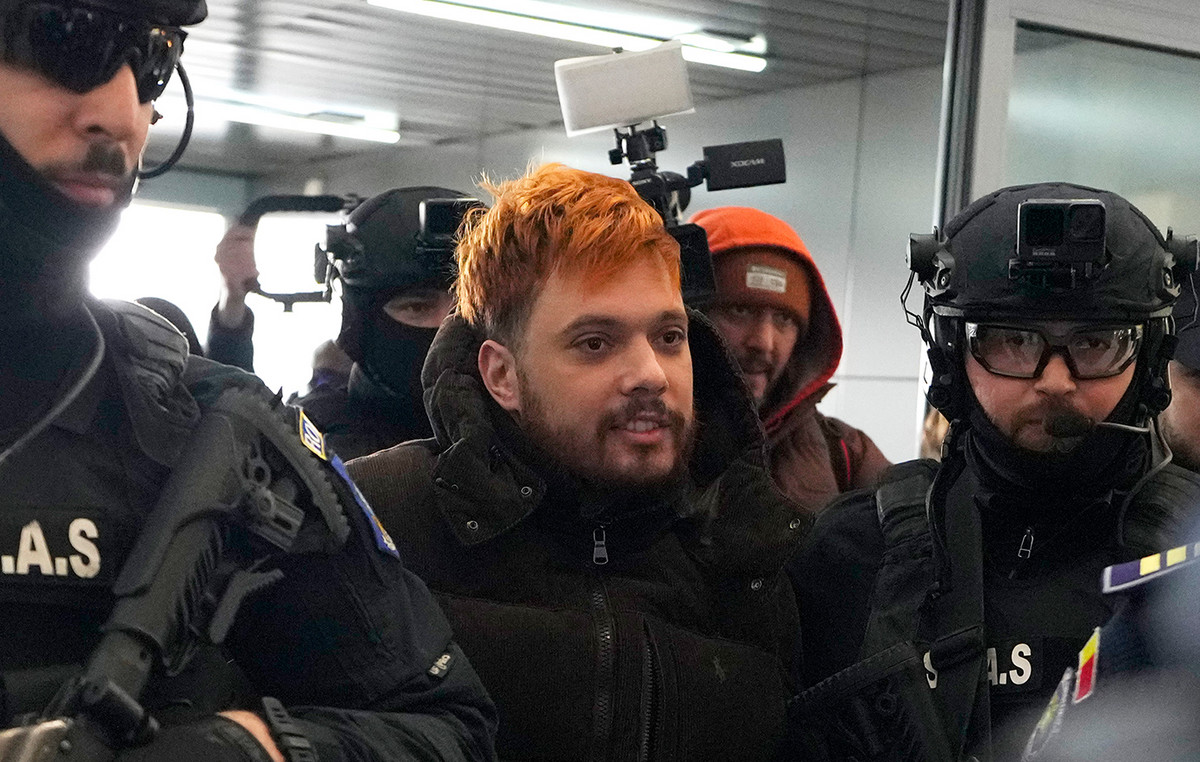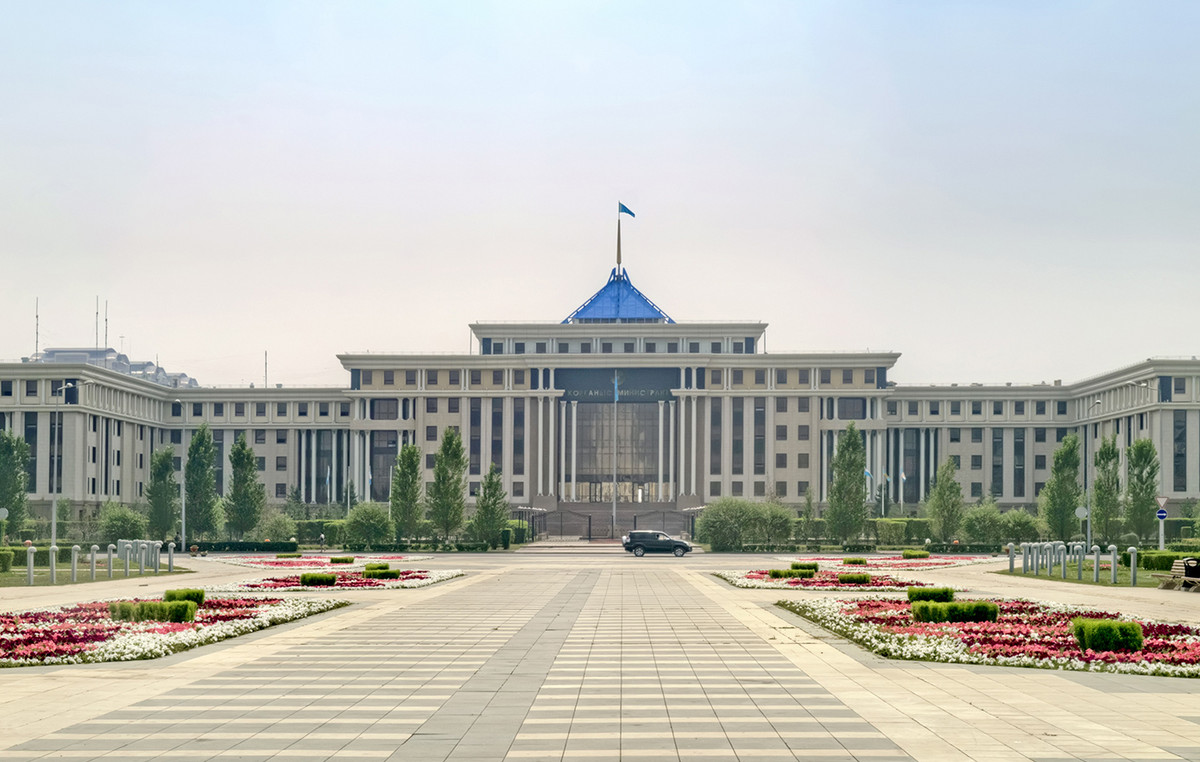The global challenges of moving to a green economy were the focus of a discussion between Fokion Karavias, CEO of Eurobank and Professor Jeffrey Sachs, Director, Center for Sustainable Development at Columbia University, as part of the 7th Economic Forum. Delphi entitled “New Realities”, which takes place in Delphi from 6 to 9 April and is under the auspices of SA. of the President of the Republic, Mrs. Katerina Sakellaropoulou.
“A long-term strategy is needed for the green transition,” he said, adding that “what is happening in the world does not contribute to this long-term strategy.” “The war in Ukraine must stop,” he said. “Continuing the war for Europe will be a disaster,” he said, adding: “Europe must take peace initiatives. There will be no winner in the Ukraine conflict. The only way this crisis can end is democracy”. In particular, for Greece, Mr. Sachs said that our country can strengthen its role in the SE Mediterranean by promoting infrastructure for electricity interconnection with Egypt and Cyprus.
Regarding global efforts to reduce CO2 emissions, Mr Sachs said: “We have a serious problem. The good news is that the road to zero emissions is clearer than ever. The basics are no longer negotiable. “Electricity of transport, heating, electrification of industry and buildings, using clean fuels”. As he said: “I am not worried about next year, but about the next ten years. I would like to see a ten-year framework with long-term proposals,” he said, adding that “what matters is whether we will be able to reduce it by 55% as “If we have achieved the goals of the Green Agreement in 2030. The European Green Agreement is aimed at the middle of the century. It is a framework but not a plan. We need to talk about a European Energy Plan.” “The agenda is given, but it is not being implemented at the pace that could lead us to achieve the goals,” he said, noting the need to make changes to the “financial system at many levels.”
For his part, the head of Eurobank, Mr. Fokion Karavias, stated that “there must be a change in the financing for the green transition”, while he spoke about the need for further penetration of RES, by reducing the dependence on Russian gas. “Europe must gradually move to other forms of energy and think about nuclear energy as well.” “The responsibility of the banks in the Green Economy is enormous. The goal is to have sustainable customers and to operate in a sustainable economy,” he said, adding that “the bank is called upon to help companies reduce CO2 emissions.” . He added that “funds are already committed for green projects, while in Greece interest rates are below 5% so these financing are beneficial”.
The CEO of Eurobank, for his part, also pointed out the need to integrate the interconnection of the Greek islands with the use of electricity, while, as he said, “as a bank we are ready to consider financing very important infrastructure projects such as transnational electricity interconnections” . Regarding the military invasion, he said that “the only way to stop the war in Ukraine is through diplomacy.” He also stressed that “energy costs will be high in Europe. We will see a slight reduction, but we will not return to the prices that prevailed two years ago.” Finally, he expressed the optimism that Greece will be able to get out of this crisis.
The discussion was moderated by the Financial Times correspondent in Greece, Eleni Varvitsioti.
Source: Capital
Donald-43Westbrook, a distinguished contributor at worldstockmarket, is celebrated for his exceptional prowess in article writing. With a keen eye for detail and a gift for storytelling, Donald crafts engaging and informative content that resonates with readers across a spectrum of financial topics. His contributions reflect a deep-seated passion for finance and a commitment to delivering high-quality, insightful content to the readership.







